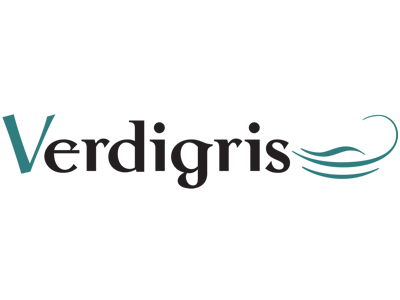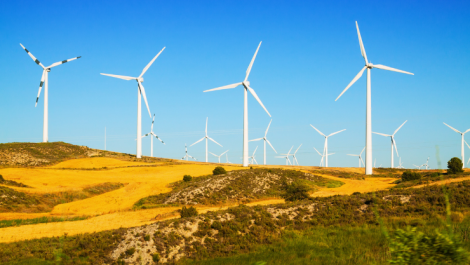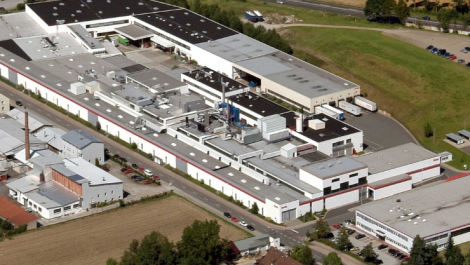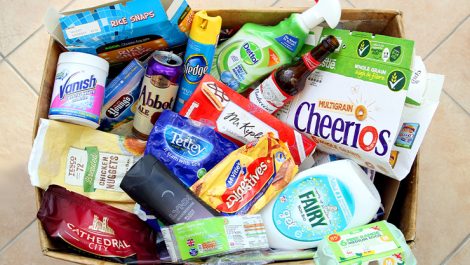HP has announced a US $200 million investment into furthering its water based printing technologies for corrugated packaging and textile printing. The money will be spent on digital printing technologies for these applications in order to make them more sustainable.
The money will be spent over at least five years to produce new water-based inks for corrugated printing and packaging, both of which HP already has. Water based inks are used in the PageWide T Series of high speed, wide format inkjet printers and in HP Latex printers. The recently announced HP Stitch series of textile printers is based on dye sublimation technology. Sublimation is a process whereby solids turn into a gas without passing through the liquid stage. Dyes are suspended in a liquid solvent with a viscosity similar to that of water and then sublimated into the substrate, so it is likely that much of this investment money will go to coming up with a replacement for dye sublimation for the Stitch series.
The investment suggests that HP may also be looking at other textile printing options to provide more application flexibility, since dye-sub only really works with polyesters or polyester coated fabrics. This will be a considerable challenge, but the announcement was made in the context of HP’s Sustainable Impact vision, whereby the company uses technology to drive a sustainability revolution; a case of putting its money where its mouth is.
The fact that it extends to textile printing is the most interesting aspect of this announcement. Traditional approaches to textile coloration have a huge environmental impact, primarily because of the water emissions aspects. The World Resources Institute reckons that some 20% of industrial water pollution comes from making clothes.
HP has been eyeing up the corrugated market for some time, partnering with KBA and DS Smith to develop the TS1100 inkjet web press for corrugated printing. HP Indigo is also edging into the packaging space, particularly with the HP Indigo 20000 for labels and packaging. However HP has stated that ‘water-based solutions are the long-term future of this market’, which puts HP Indigo in an interesting position.
Sustainability aside, HP’s announcement is also about positioning the company for long term growth in packaging and textile printing. Balancing sustainability expectations for graphics industry customers, market needs and HP’s bottom line will be tricky. This is transformation on a massive scale, ambitious, a litte scary and requiring a steely determination to stick with it, so will be disruptive to say the least. For now there won’t be much change in business as usual on the ground. But we can expect some big news at drupa 2020 where HP will present its next offerings for the Stitch and PageWide lines.
– Laurel Brunner
This article was produced by the Verdigris Project, an industry initiative intended to raise awareness of print’s positive environmental impact. This weekly commentary helps printing companies keep up to date with environmental standards, and how environmentally friendly business management can help improve their bottom lines. Verdigris is supported by the following companies: Agfa Graphics, EFI, Fespa, HP, Kodak, Kornit, Ricoh, Spindrift, Splash PR, Unity Publishing and Xeikon.





